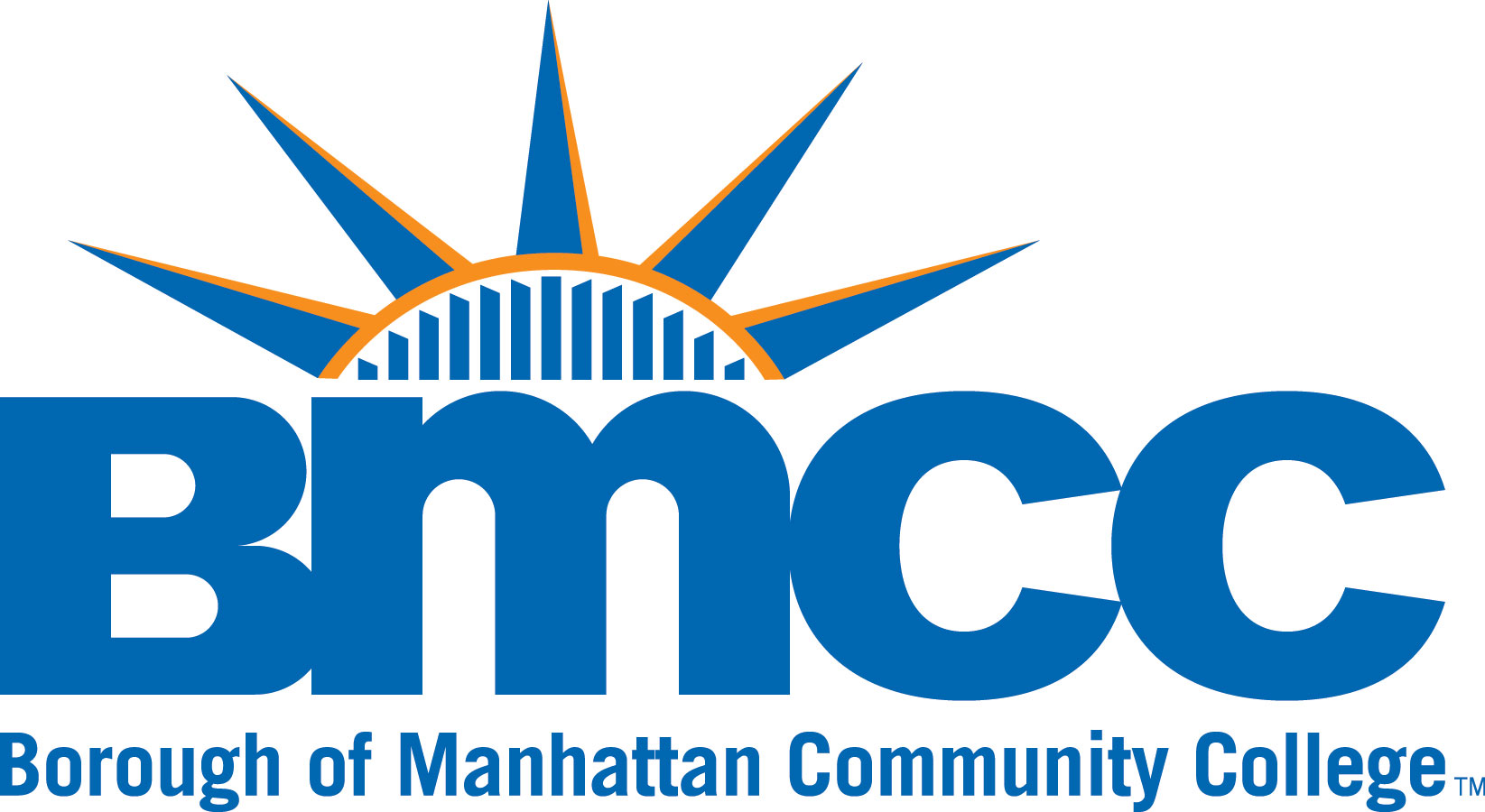Open Educational Resources
Document Type
Syllabus
Publication Date
Summer 2022
Abstract
In this advanced survey of African history, we will examine a vast place over a manageable span of time: all of Africa from the sixteenth century to the present. Because Africa is the cradle of humankind, it is diverse in language, culture, and history. There is greater human genetic and linguistic variation in Africa, for example than on any other continent. The same is true for cultural variation, though such diversity among Africa’s populations co-exists with a range of shared spiritual, ideational, and material perspectives. Over the past five centuries, the forces of international enslavement, commerce, colonialism, and its legacies, and the exigencies of globalization and the agency of its peoples have shaped Africa. The continent is thus a “modern” place that, like other continents, has over the years received large numbers of immigrants (from east, west, and south Asia, the Arabian Peninsula, Europe, and the Americas), many of whom have intermarried with the indigenous population and have complicated the tensions between “tradition” and “modernity.” In short, the movement among humans and forces of change in and outside of Africa, and interactions between them, have helped to create the contemporary world we inhabit.
Creative Commons License

This work is licensed under a Creative Commons Attribution-Noncommercial-Share Alike 4.0 License.
Included in
African History Commons, Other Languages, Societies, and Cultures Commons, Race, Ethnicity and Post-Colonial Studies Commons, Scholarship of Teaching and Learning Commons



Comments
Teach from an anti-racist pedagogy/curriculum
This syllabus for AFN 122 was revised at the Anti - Racist Pedagogy workshop in June, 2022. Updates will be made periodically based to the document.